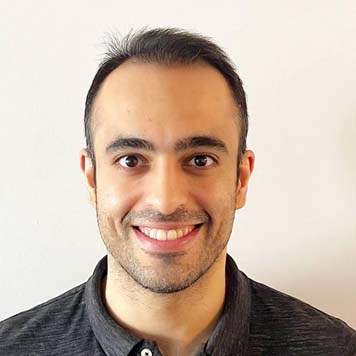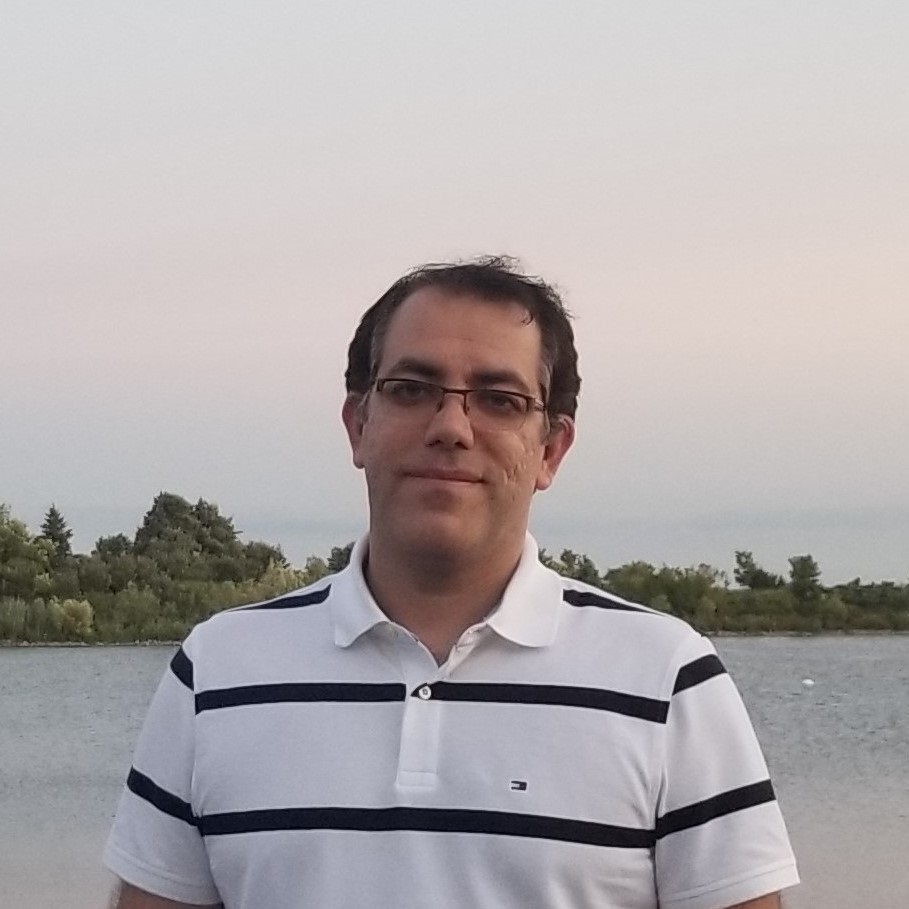Post-Doctoral Fellows

Dr. Reza Attarzadeh, Post-Doctoral Fellow, Ph.D., Mechanical Engineering
Dr. Reza Attarzadeh is a post-doc fellow in the department of Mechanical & Industrial Engineering at U of T. Prior to this, he was a post-doc fellow in LinneFlow center, in the department of Engineering Mechanics at KTH-Royal Institute of Technology, Sweden. He obtained his B.Sc. (2009) and M.Sc. (2011) in Mechanical engineering, followed by his Ph.D. (2017) in Mechanical and Aerospace engineering from Concordia University. Dr. Attarzadeh has been a visiting researcher at the zero-gravity laboratory of Toronto Metropolitan University, as well as the center of multi-scale and multi-physics in Pusan National University. He also worked at Pratt and Whitney Canada and Siemens as CFD specialist and gas turbine performance analyst. His research interests are computational modeling of fluid and thermal systems, spraying and multi-phase flows, micro-droplet, data-driven modeling and predictive models (AI) for design exploration and optimization of complex systems.
Email: reza.attarzadeh@utoronto.ca

Dr. Mehdi Jadidi, Research Associate, Ph.D., Mechanical Engineering
Dr. Jadidi received his Ph.D. in Mechanical Engineering from Concordia University in 2016 under the supervision of Prof. Dolatabadi. His doctoral study on compressible reactive multiphase flows primarily concerned the understanding of physical phenomena involved in suspension thermal spray processes. Following his Ph.D., he investigated the droplet impact dynamics on solid surfaces at École Polytechnique de Montréal as a post-doctoral fellow. He returned to Concordia University to design and develop a liquid cold spray system. This new machine will be used for coating deposition, manufacturing new metallic components, and repairing worn or damaged components. In 2020, he joined the Dworkin research group at Toronto Metropolitan University, focusing on simulation of combustion processes. He developed novel machine/deep learning models for the low-cost prediction of soot emissions and chemistry in laminar/turbulent flames. He joined CACT in 2022 as a research associate. His main research interests are in the area of thermal spray and surface engineering, cold spray additive manufacturing, CFD, multiphase flows, atomization and sprays, combustion, and machine/deep learning approaches.
Email: mehdi.jadidi@utoronto.ca


